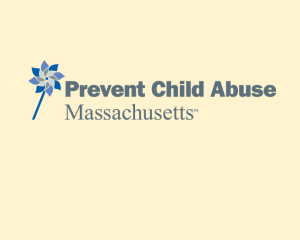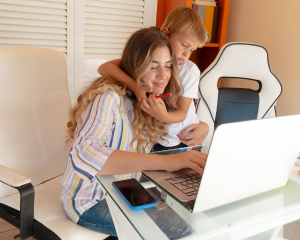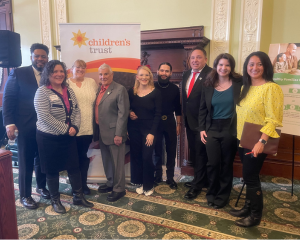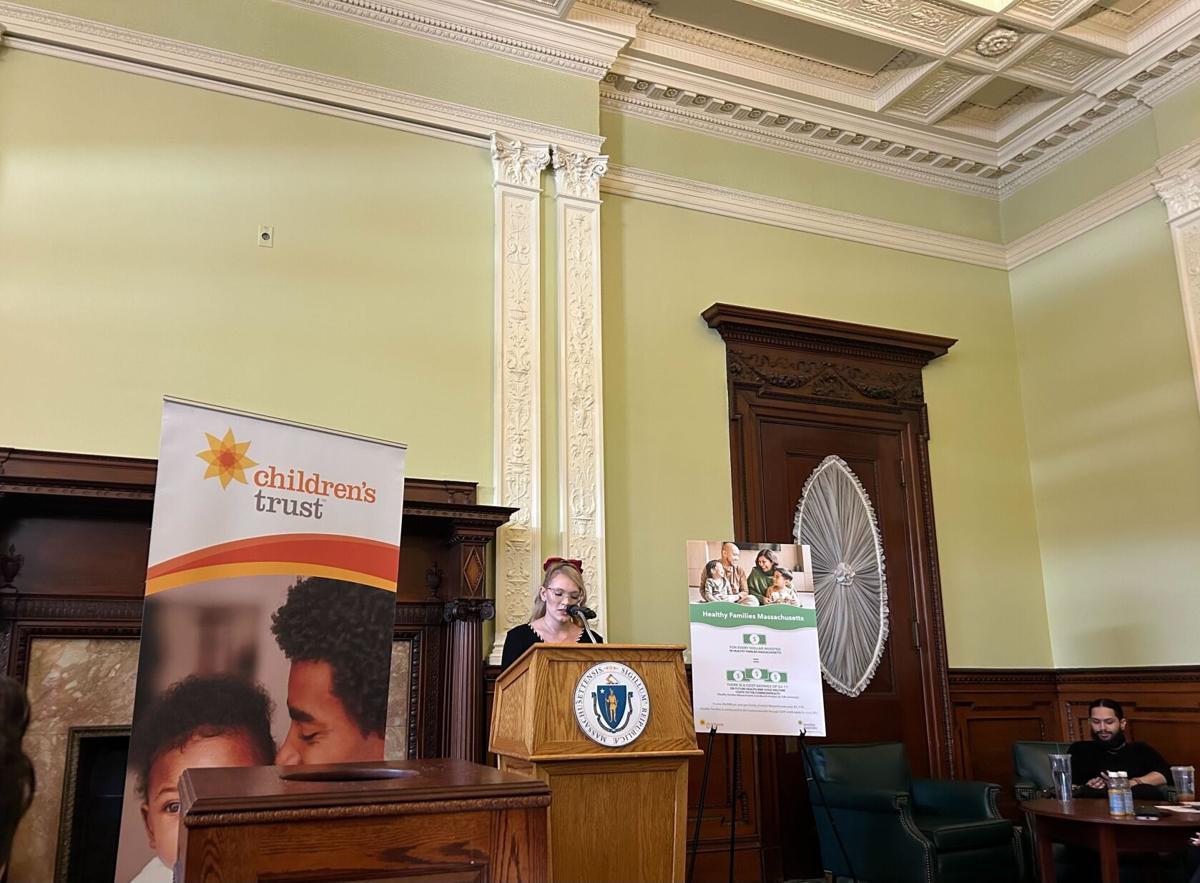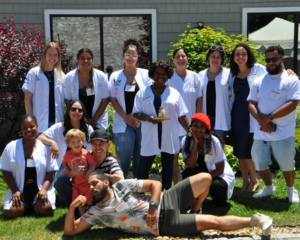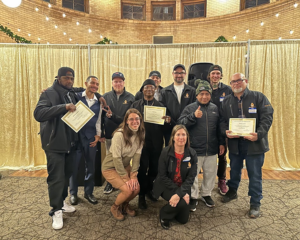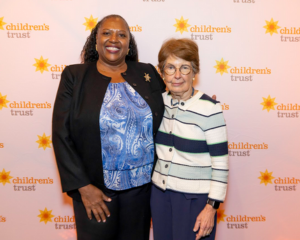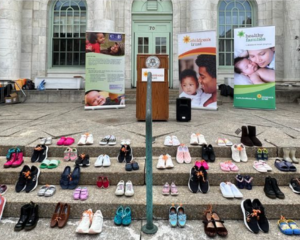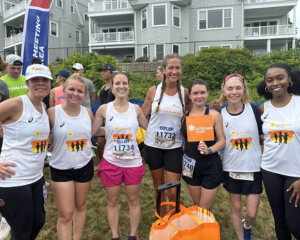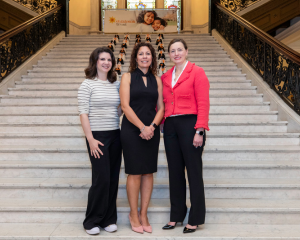During the interview with PBS NewsHour, Dr. Sege highlighted that lower reports of child abuse and neglect are alarming during the coronavirus emergency. “I think what I’m concerned about is we really don’t know what’s going on,” noted Dr. Sege, adding that states have seen a dramatic decline in child abuse reports as risk factors for child abuse have increased. “We’re really concerned about what we don’t see.”
Dr. Sege also shared that most people who abuse their children are not necessarily inherently abusive, but that the abuse is often the result of situational stress. When asked for advice for parents feeling the stress of these uncertain times, Dr. Sege advised reaching out for help via telephone, video, or any other way to vent stressful feelings. He also encouraged parents to understand that their children’s lives are disrupted as well, advising parents to take the time to have fun with their children.
Watch the full interview here:
In keeping with Dr. Sege’s valid concerns and expert advice, we recognize that programs that strengthen families and support parents are more important than ever to keep kids safe and healthy. Our proactive, evidence-based programs have been proven to reduce participants’ parenting stress and lead to safer children in stable families.
In order to adapt to the current crisis, we have rolled out virtual programs, including:
- conducting more than 3,500 Healthy Families virtual home visits since mid-March
- adding new articles with timely parenting topics to our comprehensive parenting website, One Tough Job
- working with our Family Centers to move parenting support groups and playgroups online
- and providing free, full access to All Babies Cry, a digital parenting resource to prevent abusive head trauma through helpful, evidence-based videos
As Dr. Sege has stated, there is great cause for concern for the welfare of children during the COVID-19 pandemic. That’s why it’s important that we continue our work to stop child abuse in Massachusetts by adapting programs to virtually support families and prevent negative outcomes.
